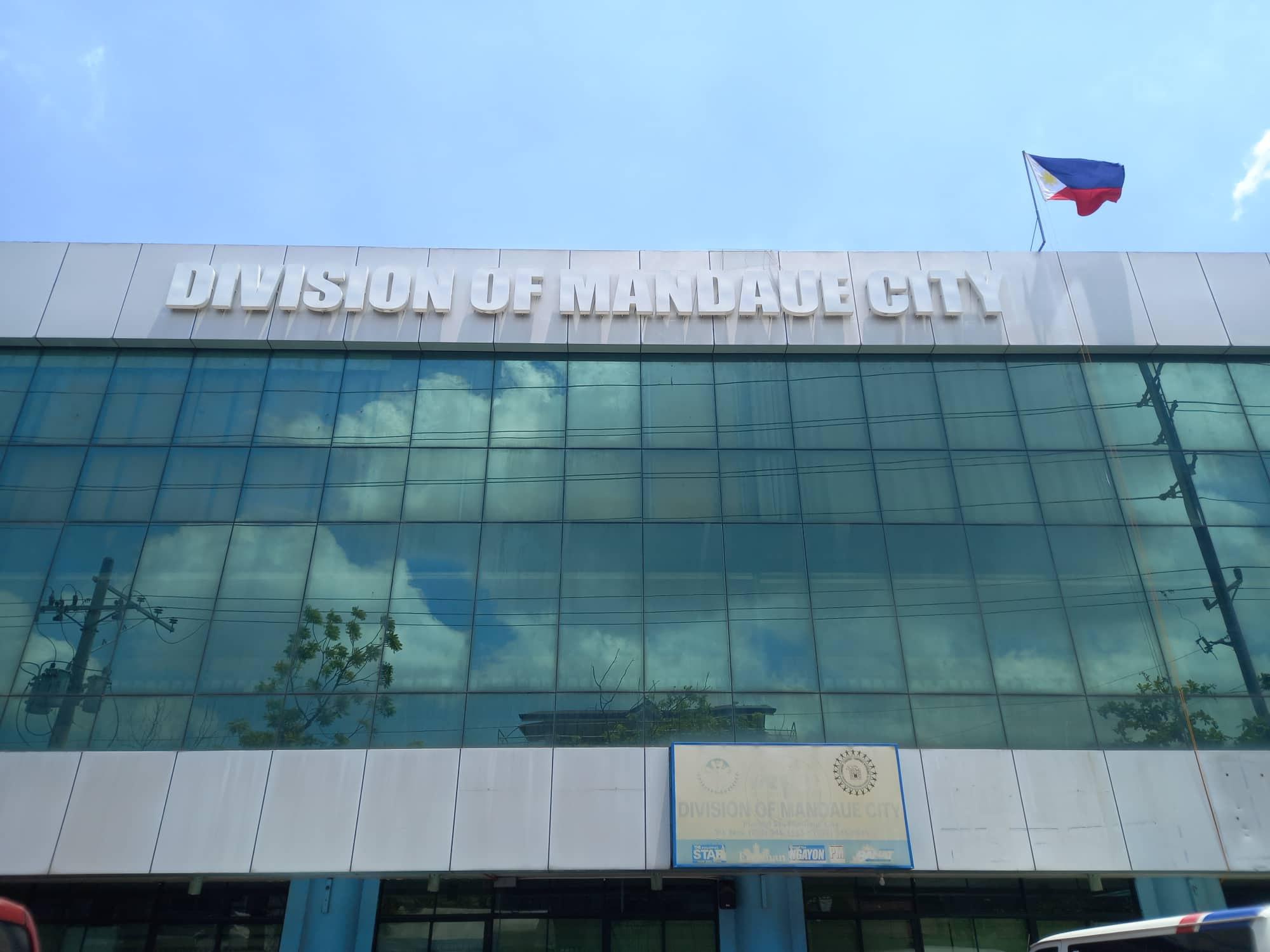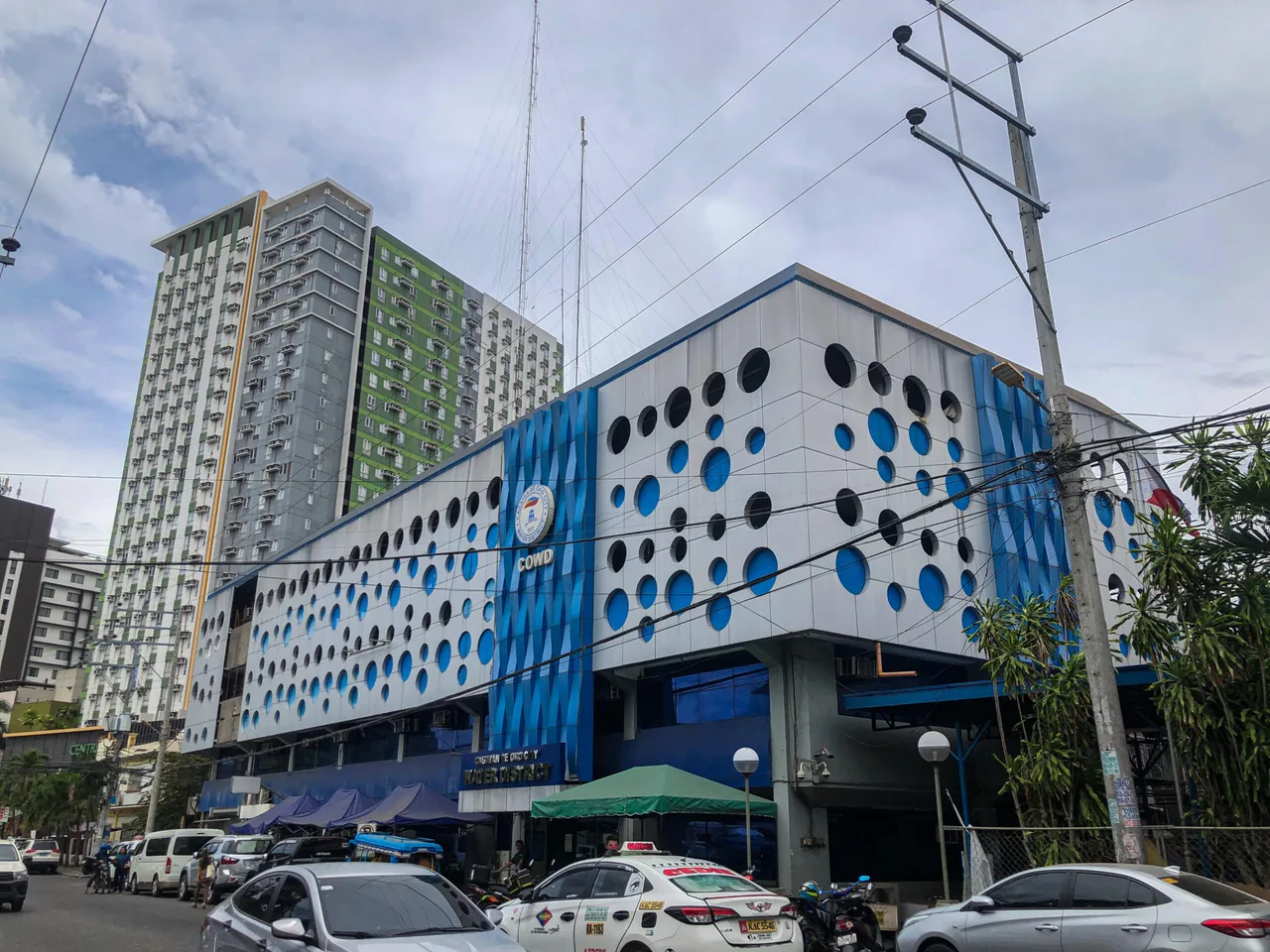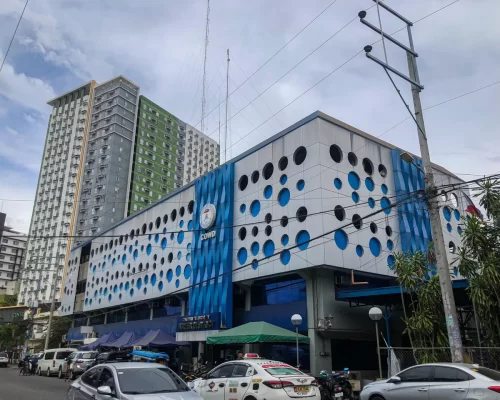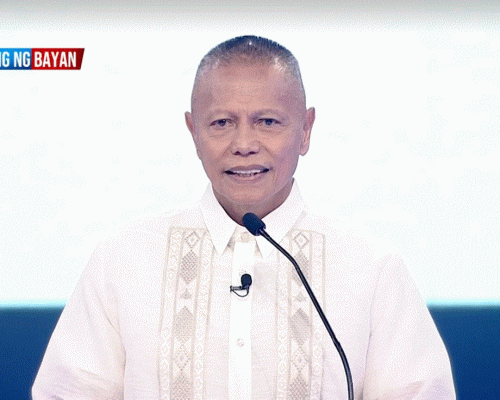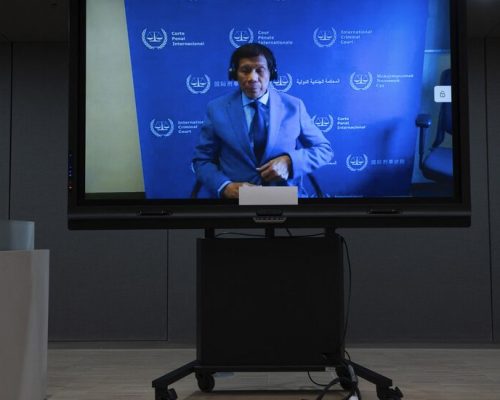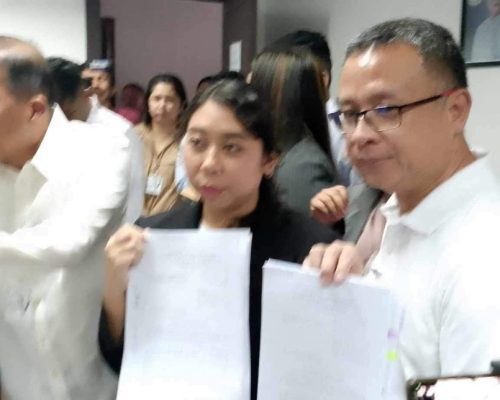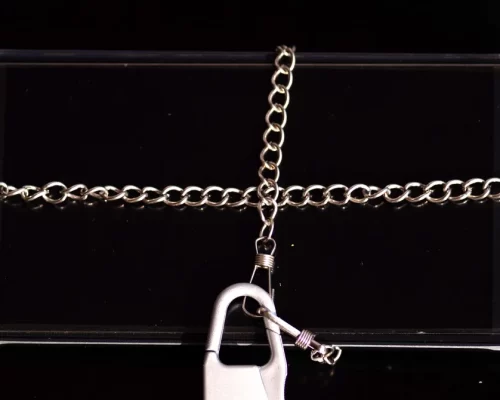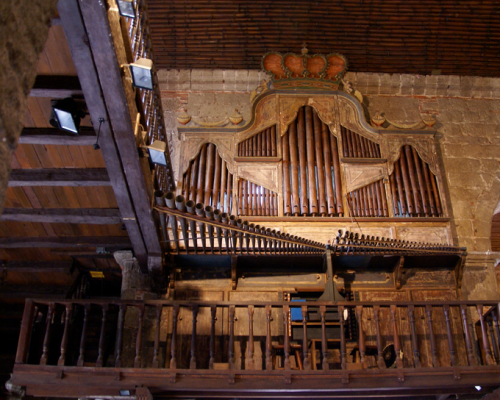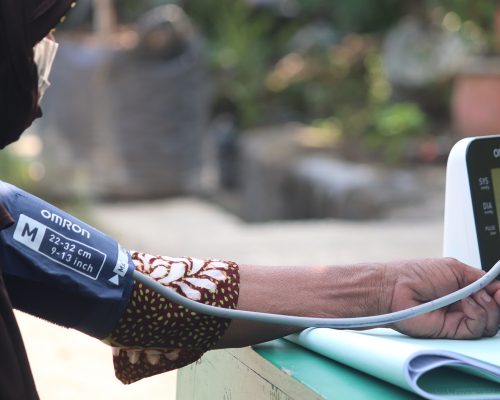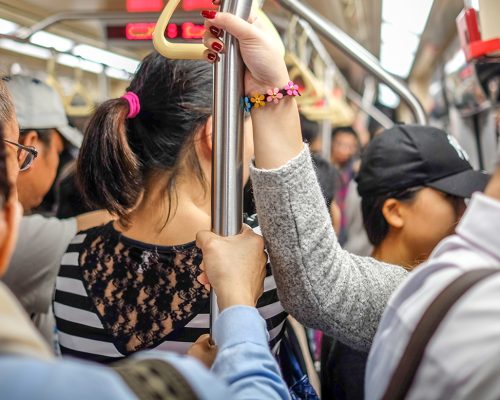MANDAUE CITY, Cebu – The Mandaue City School Board has officially implemented the Department of Education’s (DepEd) revised policies on class and work suspensions during severe weather conditions, earthquakes, and other emergencies.
Dr. Bianito Dagatan, Superintendent of DepEd Mandaue, stated that the meeting held on Tuesday was aimed at ensuring all concerned parties are aware of and aligned with the latest directive.
“The school board includes representatives from the city government, the federation president of the PTA, the president of the Teachers’ Association, and a non-teaching representative. With all sectors represented, they can help disseminate the changes effectively,” Dagatan said.
One of the key points raised was the importance of informing parents about the updated rules. The school board also agreed that when the city government announces class suspensions due to adverse weather or other emergencies, it should clearly specify that only face-to-face classes are suspended.
According to DepEd’s new guidelines, alternative learning methods such as online learning, modular learning, blended learning, or make-up classes should be used to prevent disruptions.
“The goal is to prevent a widening learning gap or, worse, learning loss. A learning gap means a difference between expected and actual learning, while learning loss refers to the complete loss of acquired knowledge,” Dagatan explained.
Additionally, he stressed the importance of adhering to the academic calendar. “With this directive, we must ensure compliance with the required school days. From the standard 200 days, we may extend to 210, but it should not be reduced,” he added.
Issued in December, DepEd Order No. 22, series of 2024, provides updated protocols for suspending classes and work during emergencies. The order prioritizes student and personnel safety while ensuring the continuity of education.
These guidelines apply to all public schools and DepEd-run Community Learning Centers under the Alternative Learning System (ALS). Private schools and ALS providers have the option to adopt them voluntarily.
Class suspensions may be declared due to factors such as heavy rainfall, flooding, landslides, earthquakes, power outages, extreme heat, poor air quality, and other hazards. In such cases, school administrators can suspend classes based on local conditions and community assessments.
Automatic class suspensions will also take effect in disaster-affected areas based on government or weather bulletins. For instance, when a Tropical Cyclone Warning Signal (TCWS) is issued, class suspensions will follow accordingly.
Local government units (LGUs) also have the authority to suspend classes within their areas, in coordination with DepEd, considering the specific local situation.
The new guidelines have introduced changes for different education levels.
Previously, all Kindergarten to Grade 12 and ALS classes were automatically suspended under any TCWS. However, under the updated rules, only Kindergarten classes are automatically suspended under TCWS 1.
For TCWS 2, in-person classes from Kindergarten to Grade 10 are suspended, but Elementary and Junior High School students will transition to modular learning or assigned tasks based on their Learning and Service Continuity Plans (LSCP).
These measures ensure that learning continues despite class suspensions while prioritizing student safety during emergencies.

